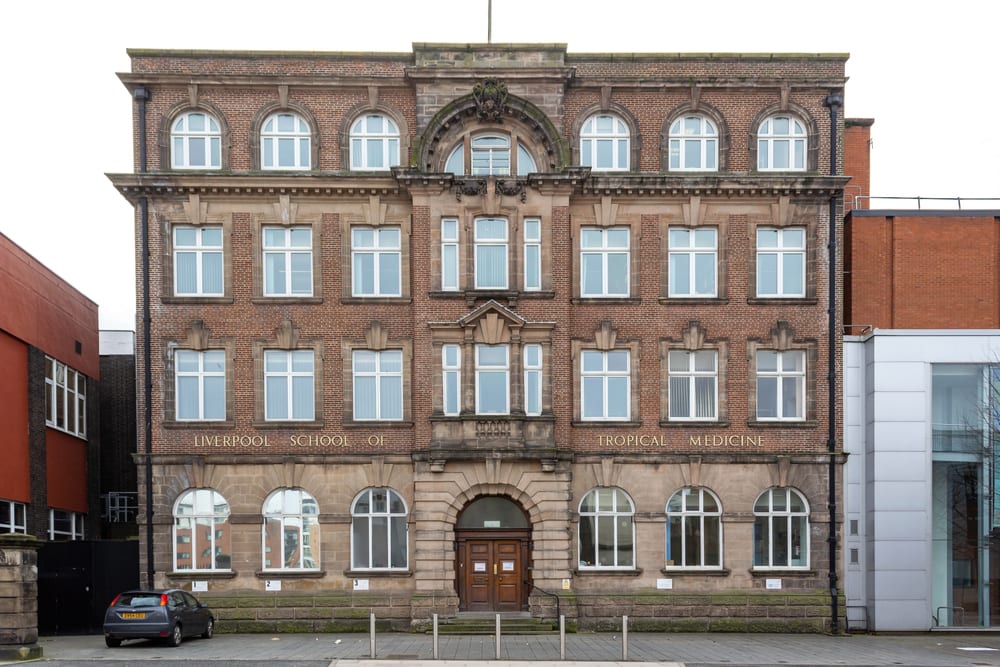
Coronavirus
New Liverpool Lockdown restrictions – Here’s what they mean
5 years ago
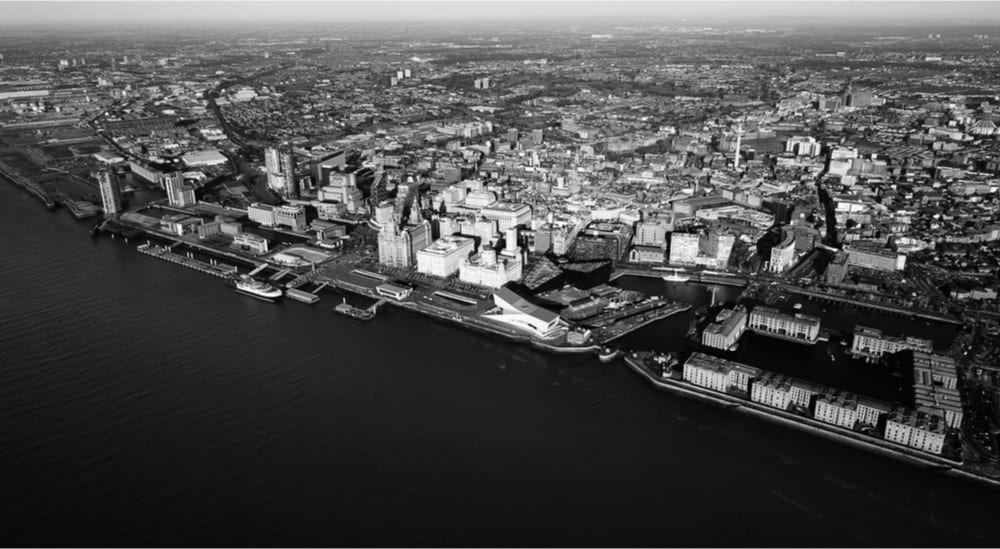
Liverpool has been put under stricter lockdown measures which will see people banned by law from mixing indoors with different households from Friday night at midnight.
Health Secretary Matt Hancock announced in the Commons that the city was one of four additional North of England areas now under increased restrictions. Warrington, Hartlepool and Middlesbrough were also included.
Liverpool’s infection rate has risen to 268 per 100,000 population, he confirmed, which meant that rules announced earlier for the North East would now be extended here.
The new regulations for Liverpool City Region mean:
- No social mixing between people in different households in all settings except outdoor public spaces like parks and outdoor hospitality
- A recommendation that people should not attend professional or amateur sporting events as spectators
- A recommendation that people only visit care homes in exceptional circumstances
- Guidance against all but essential travel. Essential travel includes going to work or school
Speaking in the Commons, Matt Hancock said there was evidence that the Government’s restrictive measures “were beginning to work” and that the more people follow the rules, the quicker Liverpool and the north east could get back on their feet.
“I understand how much of an imposition this is. I want rules like this to stay in place for as short a time as possible, I’m sure we all do,” he added.
He said the Government would provide £7 million to local authorities in these areas to support them with their vital work.
His full address reads: “We recommend against all social mixing between people in different households.
“We will bring in regulations, as we have in the North East, to prevent in law social mixing between people in different households in all settings, except outdoor public spaces like parks and outdoor hospitality.
“We also recommend that people should not attend professional or amateur sporting events as spectators in the areas that are affected.
“We recommend that people only visit care homes in exceptional circumstances, and there will be guidance against all but essential travel – essential travel of course includes going to work or school.”
He also highlighted the findings of the React study, which he said offered some indication that measures already taken in hotspots were working.
“Today’s React study from Imperial College suggests that whilst the R number (the average number of people infected by someone with coronavirus) remains above one, there are early signs that it may be falling,” he said.
“We must not let up, but people everywhere can take some small hope that our efforts together may be beginning to work – I put it no stronger than that, cases are still rising.”
Mr Hancock also defended the 10pm curfew in pubs and restaurants but promised to do “whatever we can” to support the hospitality industry.
“I know that these measures are hard and they are yet another sacrifice after a year of so many sacrifices already, but there are some signs that what we are doing together to respond to these awful circumstances is starting to work,” Mr Hancock said.

Professor Paul Elliott, director of the React study – the largest research of its kind in England – said the most recent data suggests the rate of infection is slowing, although the country remains at “a very critical period”.
He told BBC Radio 4’s Today programme: “We’ve seen the doubling time – from the last time we did the survey to now – has reduced to about 10 days… from seven to eight days, so that has been slowing.
“In the very recent data, it does seem to be that increases seem to be turning down, but from high levels of the virus.
“So we really need to get the virus turning down and the R value going below one, and we haven’t yet seen that.
“At the moment, we seem to be still at very high levels of the virus, and we do seem to still have a bit of an upward trajectory, but that very fast increase in the virus seems to have slowed and that’s very encouraging.”
He said there is “wide uncertainty” around the R number – which the study estimates to be around 1.1.
The research, based on the testing of more than 80,000 volunteers across England from September 18-26, found around one in 200 people were infected with coronavirus.
Around 55 people per 10,000 tested positive, an increase on the 13 people per 10,000 in the previous study between August 24 and September 7, suggesting 411,000 people in England have the virus.
Former health secretary Jeremy Hunt, who now chairs the Commons Health and Social Care Committee, said local lockdowns may have prevented the current second wave of infections from taking hold across the country.
He told the Today programme: “We didn’t manage to do that first time round but it just may be that these local lockdowns – although we haven’t seen a big reduction in transmission within those areas – they may just have contained it and stopped it from becoming the national outbreak that we had before.”


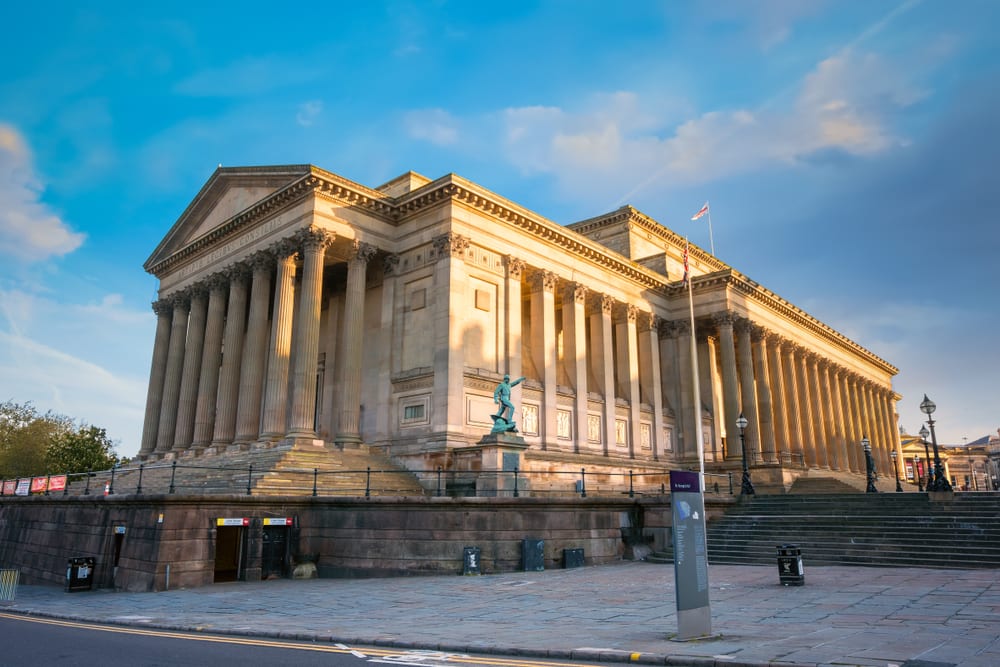
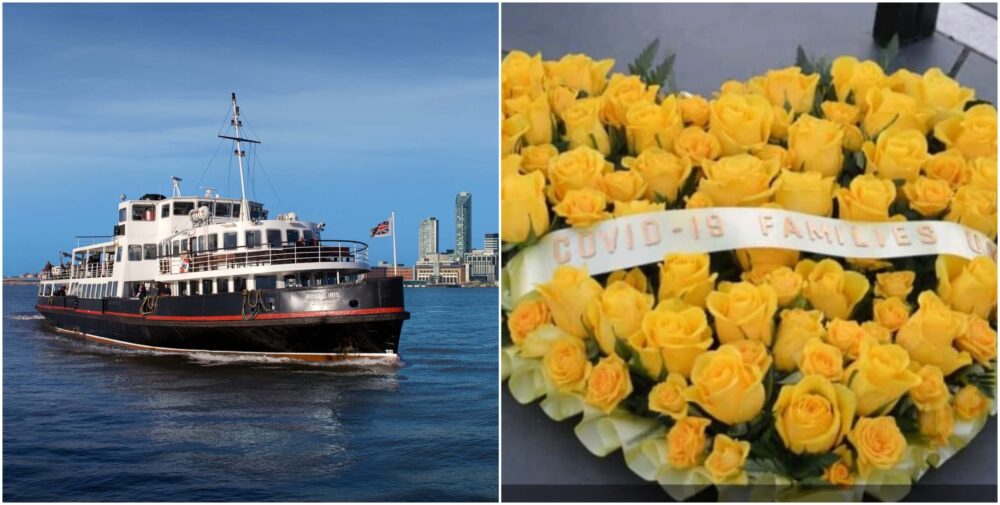
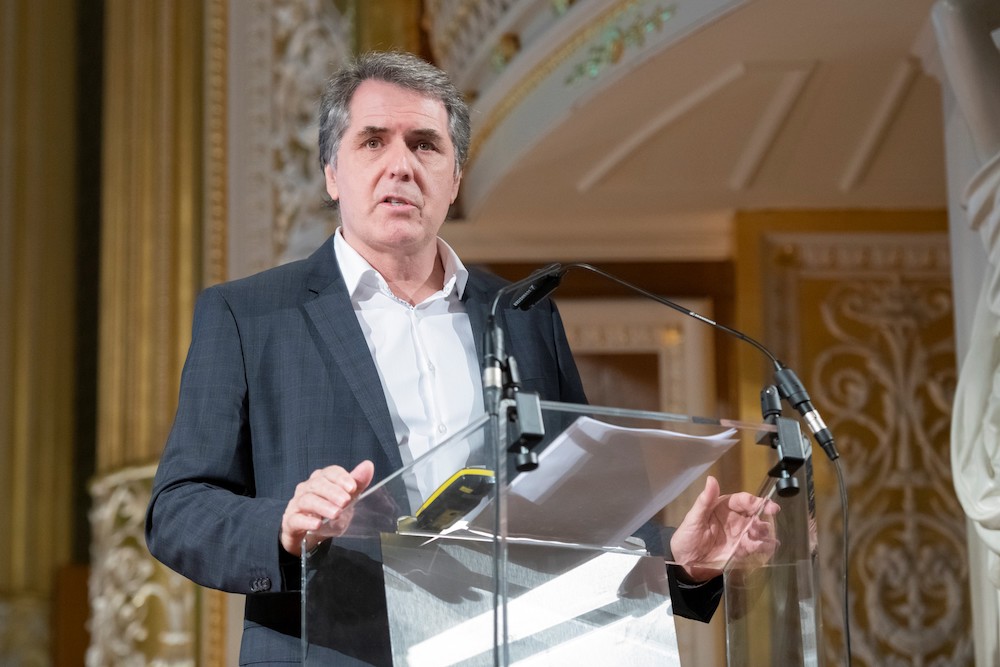
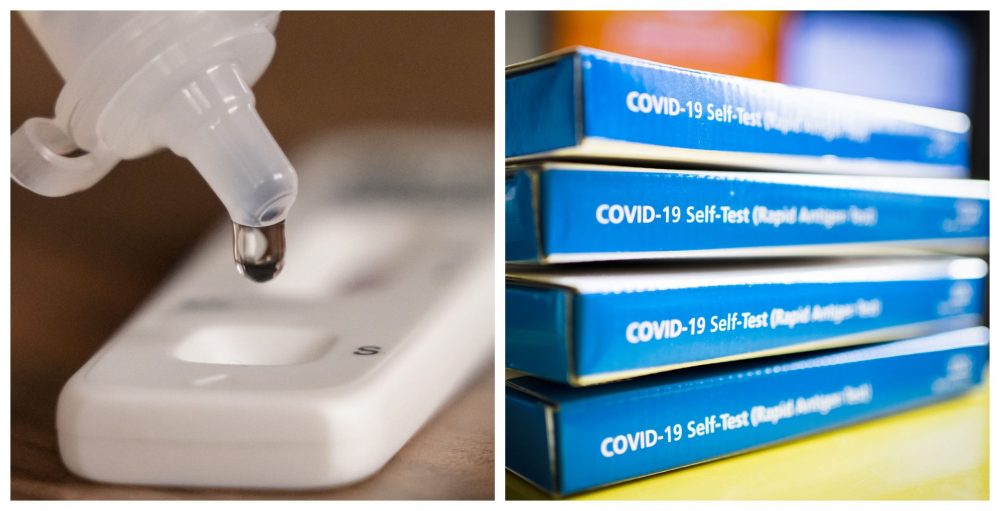
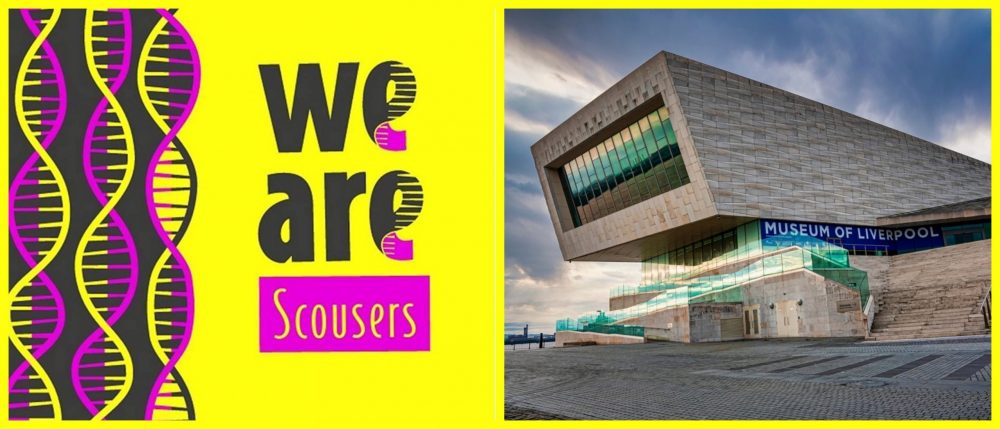
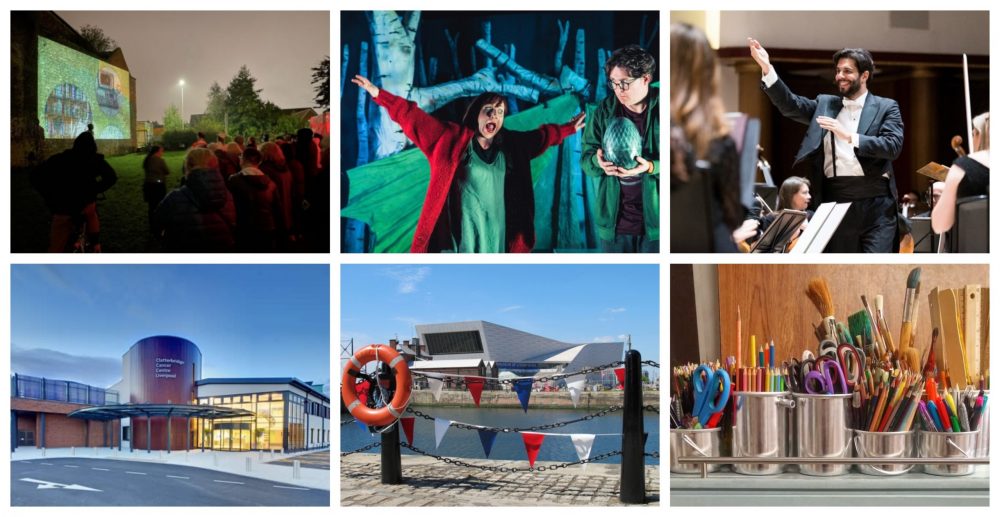
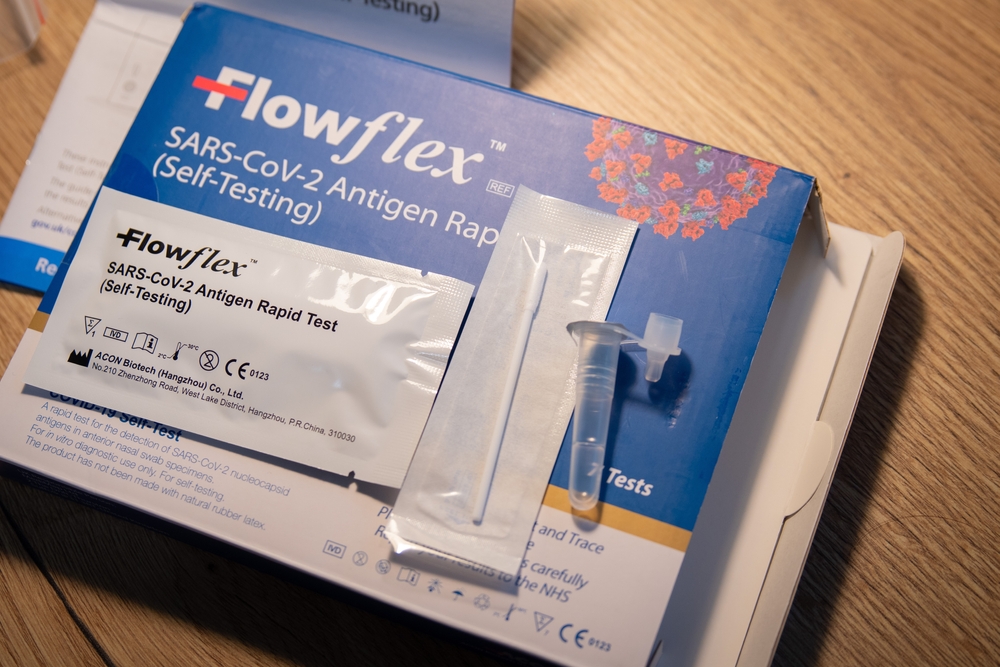
 Subscribe
Subscribe Follow Us
Follow Us Follow Us
Follow Us Follow Us
Follow Us Follow Us
Follow Us Follow Us
Follow Us











